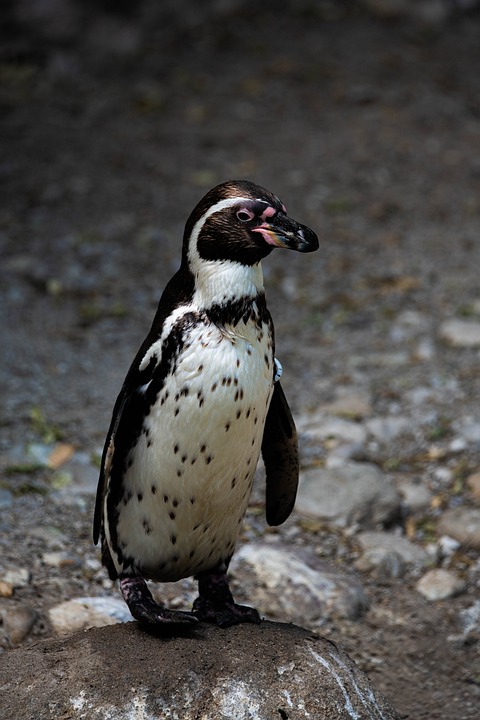Proper fish care involves providing a balanced diet for your aquatic pets. However, many fish owners unknowingly overfeed their fish, which can lead to various health issues and water quality problems in the tank. In this article, we will discuss the signs of overfeeding and provide useful tips to prevent it. Additionally, we will address some frequently asked questions related to fish feeding and overfeeding.
Signs of Overfeeding
1. Excessive Food Accumulation
– Uneaten food sinking to the bottom of the tank
– Food particles clogging the filter and substrate
Overfeeding often results in an accumulation of uneaten food in the tank. If you notice a layer of uneaten food settling on the tank bottom, it indicates that you are providing more food than your fish can consume. Additionally, excessive food particles can clog the filter and substrate, leading to poor water quality.
2. Algae Growth
– Rapid increase in algae growth
– Greenish tint on tank walls and decorations
Overfeeding releases excess nutrients into the water, promoting the growth of algae. If you notice a sudden surge in algae growth or a greenish tint on the tank walls and decorations, it might be a sign that you are overfeeding your fish.
3. Fish Behavior
– Fish constantly searching for food
– Fish showing signs of bloating or distended abdomen
– Decreased activity levels and lethargy
Overfed fish tend to constantly search for food, even after being fed. They may exhibit signs of bloating or a distended abdomen due to the excess food they’ve consumed. Additionally, overfeeding can cause decreased activity levels and lethargy in fish, as their digestive system struggles to process surplus food.
4. Water Quality Issues
– High levels of ammonia, nitrite, and nitrate
– Cloudy or foul-smelling water
Overfeeding leads to an excessive amount of organic waste in the fish tank, which can spike ammonia, nitrite, and nitrate levels. These compounds are toxic to fish and can cause stress and illness. Cloudy or foul-smelling water is a clear indication of poor water quality resulting from overfeeding.
Prevention Tips
1. Feed in Moderation
– Offer small, appropriate portions
– Observe fish behavior during feeding
To prevent overfeeding, it is crucial to feed your fish in moderation. Offer small portions that your fish can consume within a few minutes. If there is uneaten food after feeding, remove it promptly. Observe your fish’s behavior during feeding to ensure they are actively consuming the food.
2. Stick to a Feeding Schedule
– Determine the right frequency for your fish species
– Create a consistent feeding routine
Establishing a feeding schedule is essential to prevent overfeeding. Different fish species have varying dietary requirements, so determine the optimal feeding frequency for your specific fish. Once determined, stick to a consistent feeding routine to avoid unnecessary feeding accidents.
3. Provide a Balanced Diet
– Offer a variety of quality fish food
– Avoid excessive treats or human food
Ensure your fish receive a balanced diet by offering a variety of high-quality fish food. Consult with a reputable fish store or do thorough research to determine the best food options for your fish species. Avoid excessive treats or feeding them human food, as these can disrupt their nutritional balance.
FAQs
Q1: Can overfeeding kill my fish?
Yes, overfeeding can lead to serious health issues and even death in fish. It can cause bloating, constipation, swim bladder problems, and poor water quality, leading to stress and disease.
Q2: How often should I feed my fish?
The feeding frequency depends on the species of fish you have. In general, most fish benefit from being fed once or twice a day. Research the specific dietary needs of your fish species to determine the ideal feeding frequency.
Q3: Do all fish eat the same amount?
No, different species of fish have different dietary requirements. Some fish are herbivores, while others are carnivores or omnivores. It is essential to research your fish species to understand their specific feeding habits and portion sizes.
Q4: Can I use an automatic fish feeder to prevent overfeeding?
Automatic fish feeders can be helpful, especially when you’re away for an extended period. However, it is crucial to set the appropriate portion size and frequency on the feeder to avoid overfeeding. Regular monitoring is still necessary to ensure the fish are consuming the food properly.
Conclusion
Overfeeding is a common mistake made by many fish owners, often leading to detrimental consequences for both the fish and the tank’s water quality. By recognizing the signs of overfeeding and following the prevention tips mentioned above, you can ensure the health and well-being of your fish while maintaining optimal tank conditions. Remember, a well-fed fish is a happy fish!









